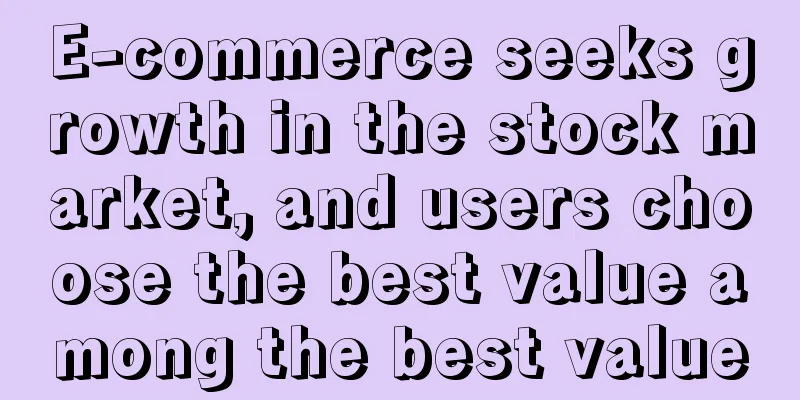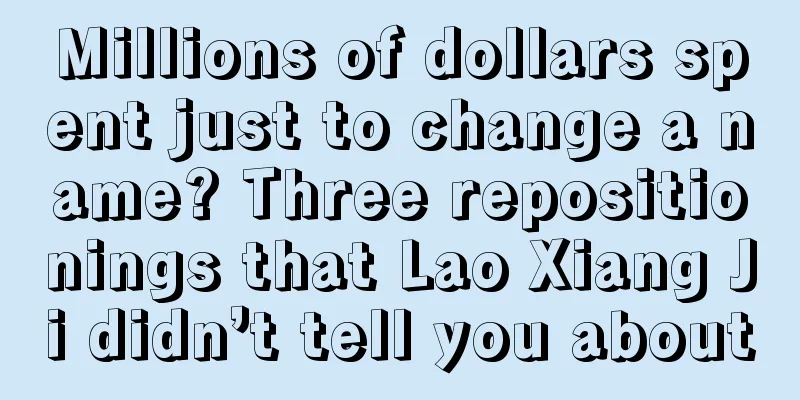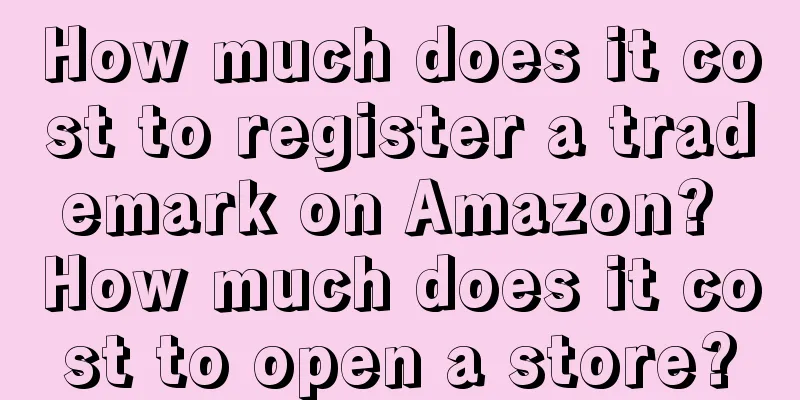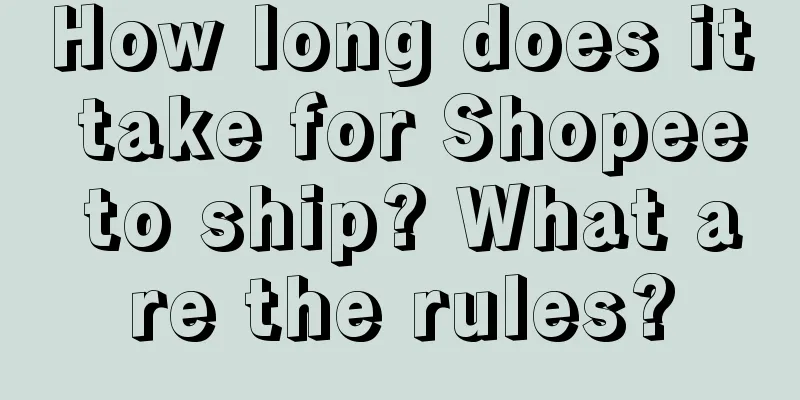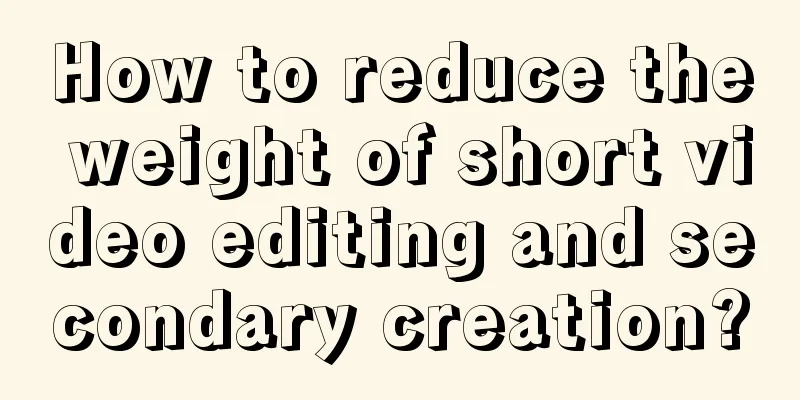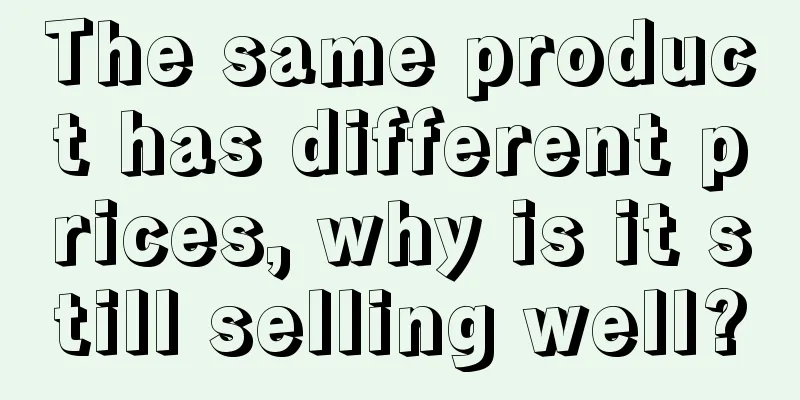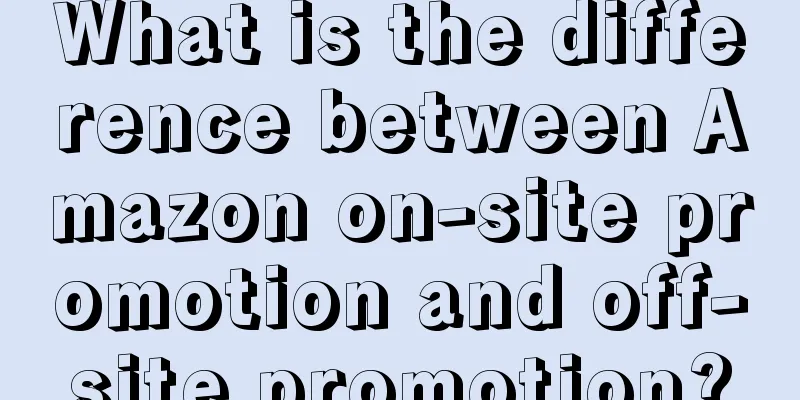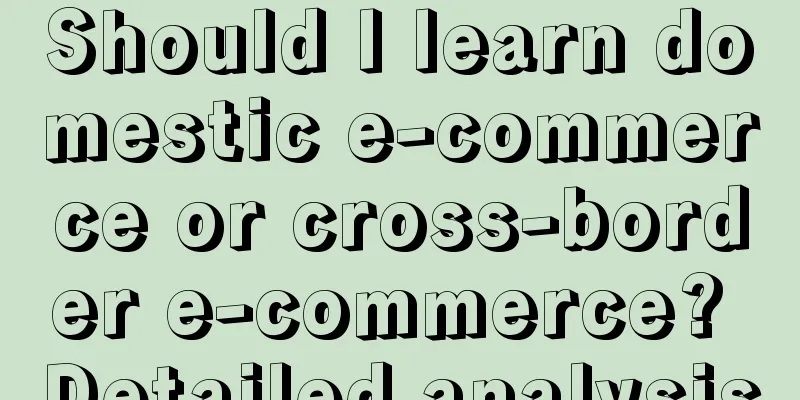Does Amazon US FBA need to pay taxes? Details required!
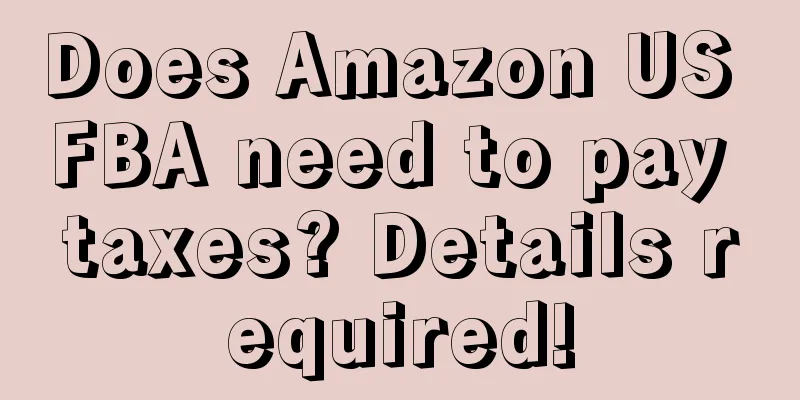
|
Regarding Amazon's US FBA, as a merchant, you are still unclear whether you need to pay taxes? Well, today, let's talk about the tax issue on the US site. After all, it is a tax-related issue and of course we cannot be careless. Therefore, merchants who don't understand it can have a deeper understanding through our explanation below. Details to know! The platform does not add fees, however, some states consider fees such as per-item, order, and referral fees taxable services. Similarly, inventory preparation fees such as bubble wrap, plastic bags, tape, and labels are also considered taxable in some states. Start charging some of these fees and collecting taxes to comply with tax laws. The platform does not want to collect taxes from sellers, but the state government believes that it should be responsible for sales expenses. This move is just a compromise to comply with state tax laws. Whether all sellers will agree with Amazon's explanation for collecting taxes is a matter of opinion. The location of the business determines the fees to which the tax applies, and the location where the performance of the services is performed determines whether the tax is applied to the FBA inventory preparation fees. US taxes are usually between 4% and 10%, and state tax rules may change frequently. If states modify their laws, the information will also be adjusted accordingly with the state tax rules. In terms of inventory usage fees: Fab prep services in Arizona, Connecticut, Erie or West Virginia are taxed based on each state's tax. Stock usage charges include labeling, multi-bagging, bubble wrap, taping and opaque bagging. Similarly, if you happen to be located in these states, you will need to pay for the FBA fees. An example is also listed here. If you decide to use an FBA prep service to bubble your items, and that service is performed for delivery in Arizona, and the tax rate for that location is 8.37%, and the bubble wrap fee is $0.80/unit, a tax of $0.07 will be collected and remitted to comply with state law (calculated as 8.37% of the bubble wrap fee of $0.80/unit). Therefore, everyone just needs to pay taxes according to the tax rate given by the local state. Therefore, not all US sites need to pay taxes. This depends entirely on the tax regulations of the state where they are located. The platform only complies with the regulations and informs the merchants. Therefore, if the merchants are in the above states, they need to pay taxes. If there are no mandatory regulations in other states, then they do not need to pay. In fact, some places on Amazon's US FBA require taxes to be paid, but some places do not. This depends on local policies. For example, if the local state government requires merchants to pay taxes, then of course they need to. If there is no requirement, then merchants do not need to pay. So, you can decide based on the area you are in. |
<<: What is the Amazon customer service phone number? How can I reduce the response time?
>>: How to open a store on Amazon US? Introduction to the store opening tutorial
Recommend
Which is better, eBay cross-border authentication or video authentication? What is the difference?
As cross-border e-commerce is booming, sellers are...
Why does Wish not place orders when the traffic is very high? How can I place orders quickly?
Traffic is very important for a store. If a store ...
How to operate eBay in one month? What should a novice operator do?
If you are just starting to sell on eBay, you can ...
GMV exceeds 80 million. Is Xiaohongshu going to enter the field of e-commerce live streaming?
Xiaohongshu’s current status in the live streaming...
Do I need to pay VAT for my UK eBay account? What are the regulations?
eBay is a relatively well-developed cross-border e...
Teaching people to do cross-border e-commerce and defrauding 60 million
After all, in this world, one way to make money is...
Get rid of the homogeneity of Xiaohongshu content! Based on the crowd + pain points, 13 content directions are derived to create a hot selling article in one go!
This article will explore in depth how Chuangfukan...
6 Marketing Inspirations from Black Myth: Wukong
As a highly anticipated game, Black Myth: Wukong h...
What is the Shopee Singapore 55 Big Promotion? Detailed introduction
There are 7 days left to register for the 4.25 cou...
The universal formula for operations. Once you learn it, you can handle any performance target, no matter how big it is!
Performance goals can be achieved by improving the...
When will WishPB budget be increased? What is the rule for Wish price increase?
Wish PB (Product Boost) is a promotional tool on t...
With the explosion of paid traffic on Xiaohongshu, how should small-budget merchants adjust their advertising strategies?
For small businesses with limited budgets, how to ...
Does Amazon's daily withdrawal have any impact on my account? Can I withdraw money every day?
Within 14 days after an Amazon order is completed,...
AI fights "Cat and Mouse" and is defeated
Recently, we can see all kinds of strange posts fl...
New opportunities emerge, a comprehensive review of data career development paths
In the data-driven era, data analysis has become a...
